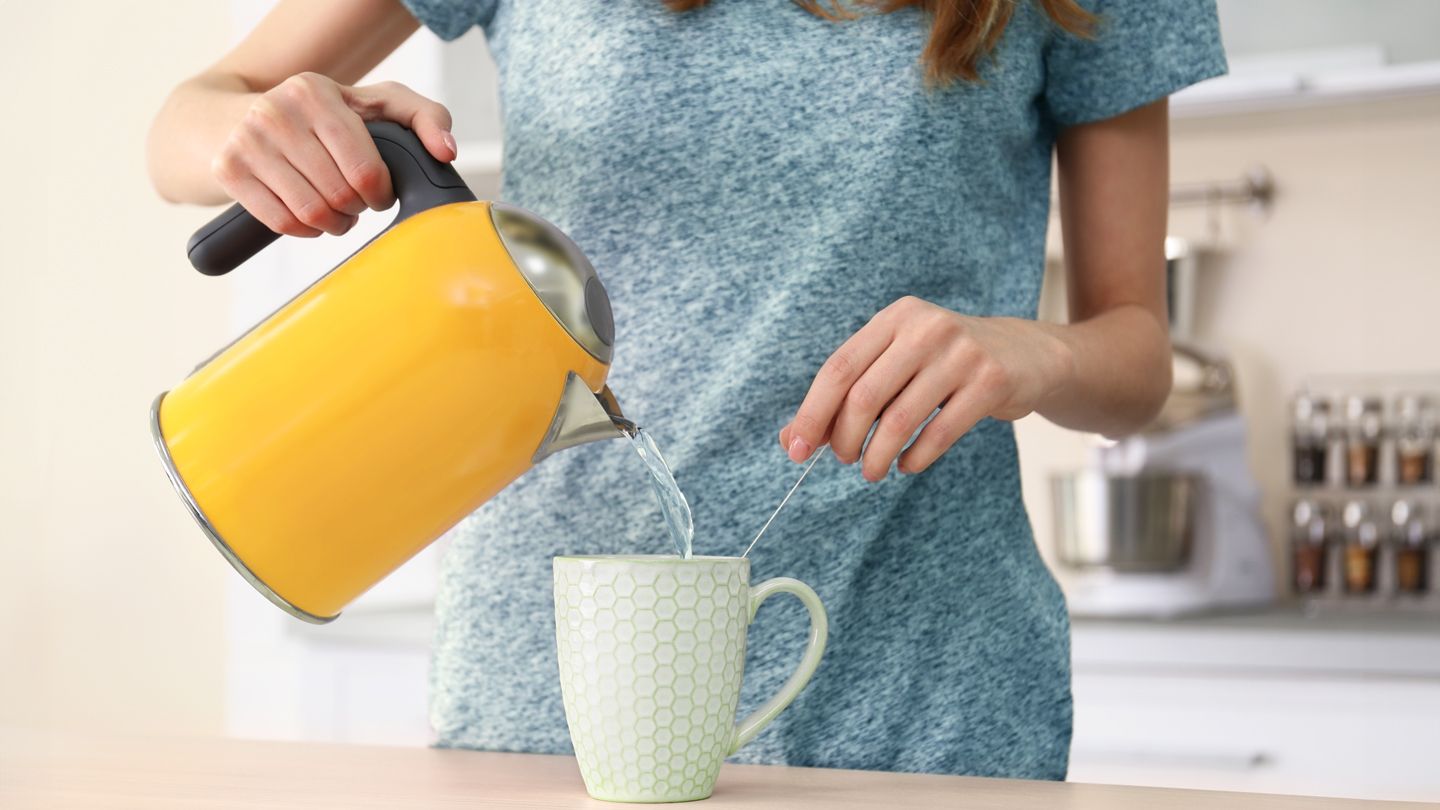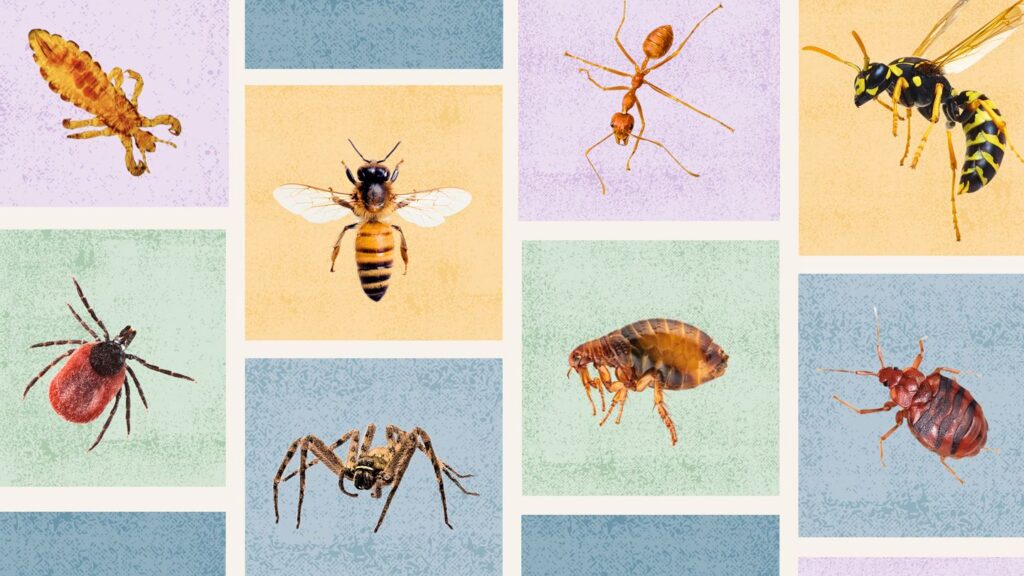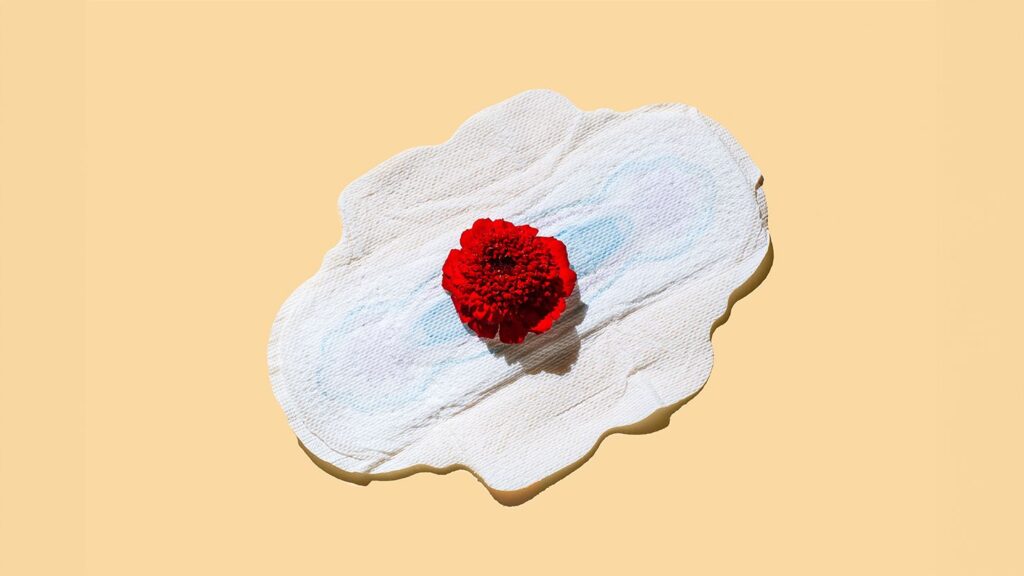Research linking tea and asthma relief is limited. Nonetheless, certain types of tea are popular among people with asthma because they’re thought to give mild relief for certain symptoms. Black tea and green tea are both made from the Camellia sinensis plant and contain caffeine (black tea is made from fully oxidized leaves, while green teas are made from less processed ones), while herbal teas are caffeine-free and made from various herbs, spices, and other plants, Aragonez explains. Here’s a bit more about how these teas may help.
Ginger Tea
Green Tea
Black Tea
“Black tea contains a compound called theophylline, which can relax the muscles around your airways,” Dasgupta says. But, he adds, “there is no scientifically proven link between black tea and asthma treatment.” If you enjoy black tea, you might try adding it to your day in addition to your asthma medication.
Eucalyptus Tea
What’s more, eucalyptus tea could make symptoms worse. “Some people who are sensitive to strong smells may find that eucalyptus triggers a cough,” she cautions, adding that some people are also sensitive to eucalyptus pollens, which can exacerbate symptoms.
If you decide to try eucalyptus tea after talking to your doctor, Aragonez says that it’s best to brew your tea bag or loose tea at about 200 degrees Fahrenheit for at least 5 minutes.
Mullein Tea
“Mullein tea is traditionally used to soothe the respiratory system and may also help to clear mucus, but there is limited research that this works,” Randhawa says. Until there are studies that look into why and how this tea might help, there’s no way to say that it could be a valuable part of your asthma routine.
Licorice Root Tea
“Licorice root can be soothing to the throat and reduces cough,” Sharma says. “It can also serve as an expectorant, helping people cough mucous out of the airways.” But, she says, this claim comes from anecdotal evidence, not clinical data. If you enjoy the strong flavor, licorice tea may be a helpful addition to your routine.
To brew licorice root tea, Aragonez says to heat water to 200 degrees and pour it over a tea bag or loose tea, then steep for 5 to 7 minutes.



